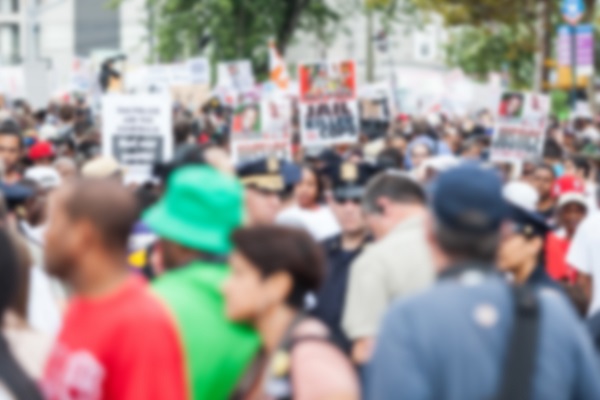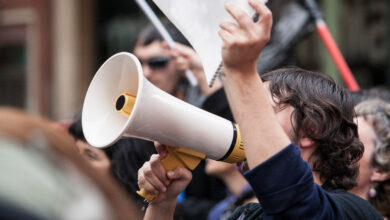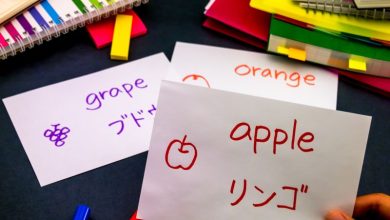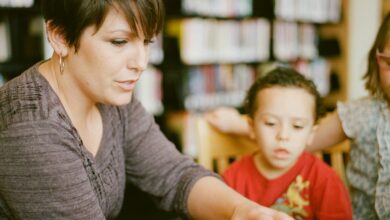
Teaching teenagers how to actively contribute to society and participate in political decision- making was the focus of a workshop for secondary school teachers at Massey University recently.
Making active and critically informed contributions to society are now part of the formal assessment program in New Zealand schools.
Around 50 social studies teachers met on the Manawatū campus to share experiences and strategies on how to implement the ‘personal social action’ component of the NCEA senior social studies assessment requirements.
Case studies discussed included a teacher who took students to Wellington to learn about the workings of Parliament and another whose class visited the Beehive to make a submission at the select committee hearing of the Healthy Homes Bill. Others have focused on issues such as climate change, refugee quotas and minimum wages, with Year 13 students learning how to access, interview and lobby politicians; organise a petition; or write formal submissions on a Bill.
Need for civics education in schools
The workshop is part of a two-year Ministry of Education-funded project that aims to find out how teachers and students are implementing the new personal social action standards.
Rose Atkins, one of two education researchers from Massey University’s Institute of Education, says there has been much discussion in our society about the need for some form of civics education to inform and empower young people to be active and critically informed citizens.
A suite of ‘personal social action’ achievement standards – available since 2011 – provides an opportunity for social studies teachers to address the perceived lack of civics education and knowledge of the political system, seen as partially responsible for youth inertia about voting. Mrs Atkins says that student participation in senior social studies is rapidly increasing with 61 per cent of schools now offering some senior social studies achievement standards. Of the 22,000 students who attempted social studies achievement standards in 2015, 21 per cent did a personal social action.
At the workshop, the team of academics from Massey and Victoria Universities and five lower North Island secondary schools shared findings from its $200,000 Teaching and Learning Research Initiative (TLRI) research project, titled ‘Creating Active Citizens: Interpreting, implementing and assessing ‘personal social action’ in NCEA social studies (2015-2016)’. An article they have written, due to be published in December, explores what they learned from current research to support students to take meaningful and transformative social actions.
The team identified three strategies needed for critical and active citizenship. These are: affective engagement, critical cognitive knowledge and practical democratic skills. Integrating these into planning for social action emerged as a crucial part of the social action process, they say.
Emotional engagement and empathy key to social action
Their article says teachers involved in the ‘personal social action’ component stated it was important to connect pupils emotionally to a social justice issue in order to develop empathy with others and motivate them to want to take action.
Their findings also showed that young people respond best when given some autonomy to select a social issue for the assessment, and tend to be more motivated to explore social issues that they had personally or democratically selected as a group.
The article also identified the importance of young people developing strong critical thinking and cognitive skills in assessing the nature of a social justice issue before deciding on the appropriate action to take.
One student, quoted in a presentation by Dr Rowena Taylor, described the impact of doing the personal social action assessment as such: “Political action (level 3) seems more real, it links you to your own life…The fact that someone in a government reads your email and responds to it – you feel you have some impact. You are engaging in the politics of your own country.”









